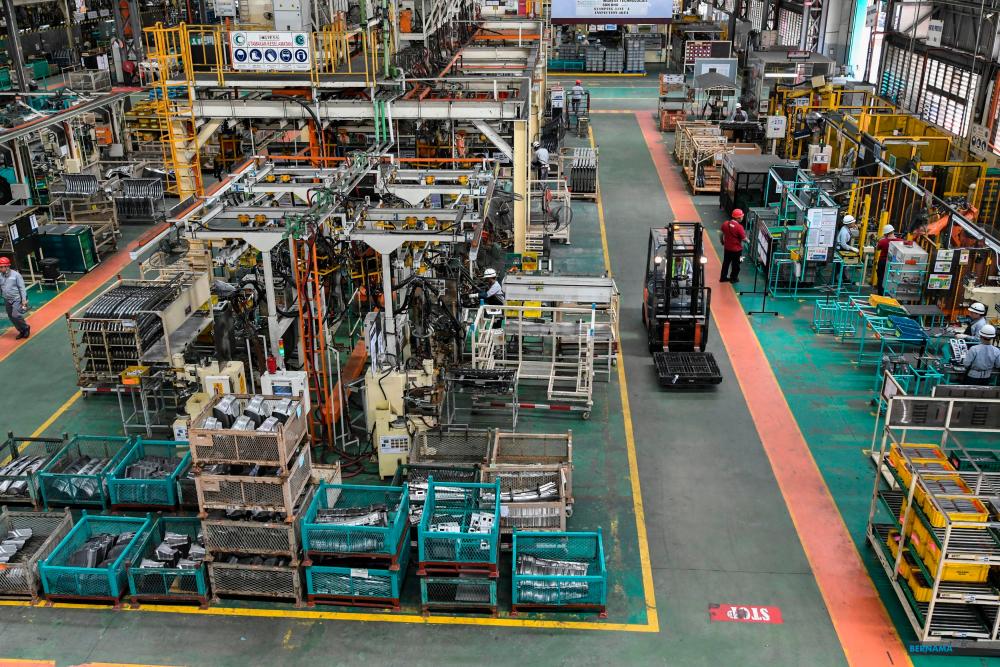SALES tax is imposed on all taxable goods manufactured in Malaysia by registered manufacturers and sold, used or disposed of by them. Sales tax is also imposed on taxable goods imported into Malaysia by any person.
The spirit of sales tax is to allow manufacturers to buy or import inputs without paying sales tax and use such inputs to manufacture and impose sales tax at the point of sale. This principle is intended to avoid layers of taxation until the goods are sold. This is effected largely through exemption orders.
The common assumption of all manufacturers is once you complete the tax returns on a bi-monthly basis, the responsibility is completed. This is not entirely true because the Royal Malaysian Customs (RMCD) is increasing its vigilance over the compliance with the sales tax matters. It is discovering that many manufacturers are inadvertently not entirely compliant with the sales tax legislations and regulations.
There are principally two types of audits carried out by the RMCD – the compliance audit and the verification of the use of exemptions. Increasingly, RMCD is finding that such audits are yielding good results.
It is time for manufacturers, especially at board level, to pay much greater attention to meeting the compliance requirements of the sales tax laws and regulations. Any failure to meet the compliance requirements will result in additional taxes and penalties, and this can be costly.
What are the common mistakes?
The common mistakes made in wrongly using the sales tax exemption are where the conditions set out in the exemptions are not complied with, error in selecting the sales tax exemptions, the use of exemptions before the effective date, purchasing items not under the exemptions, sale of taxable goods to customers that do not have a valid exemption, using the exemptions for buying goods for purposes of trading which is unconnected to the manufacturing process, using approved goods to produce non-taxable goods, etc.
Underdeclaration of sales tax can also arise from use of wrong tariff codes or wrong classification of taxable goods (i.e. the tariff code used is incompatible and incorrect).
Surprisingly, it is not uncommon to find companies in the manufacturing sector which have not applied for sales tax registration despite meeting the threshold for registration.
There are also companies which are not manufacturers but will still register for sales tax purposes to benefit from exemptions on the purchase of raw materials and other inputs.
It is common in Malaysia to find companies which manufacture and sell their goods to separate manufacturing operations from trading operations with the purpose of reducing sales tax. This can be legitimately done if you follow the regulation which relies on the computed method and sets out the way it should be computed.
It is not abnormal to find the determination of the transfer price between the manufacturer and the trader is not set properly, which results in adjustments leading to increased taxes and penalties.
The above gives a “bird’s eye view” of the kind of issues that are found in audits. The message that has to be reiterated here is much more attention must be paid by boards of directors and management of such companies to compliance with sales tax matters.
This article is contributed by Thannees Tax Consulting Services Sdn Bhd managing director SM Thanneermalai (www.thannees.com).









